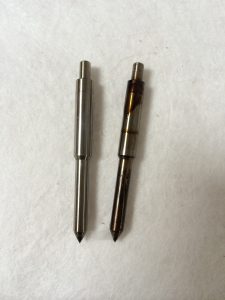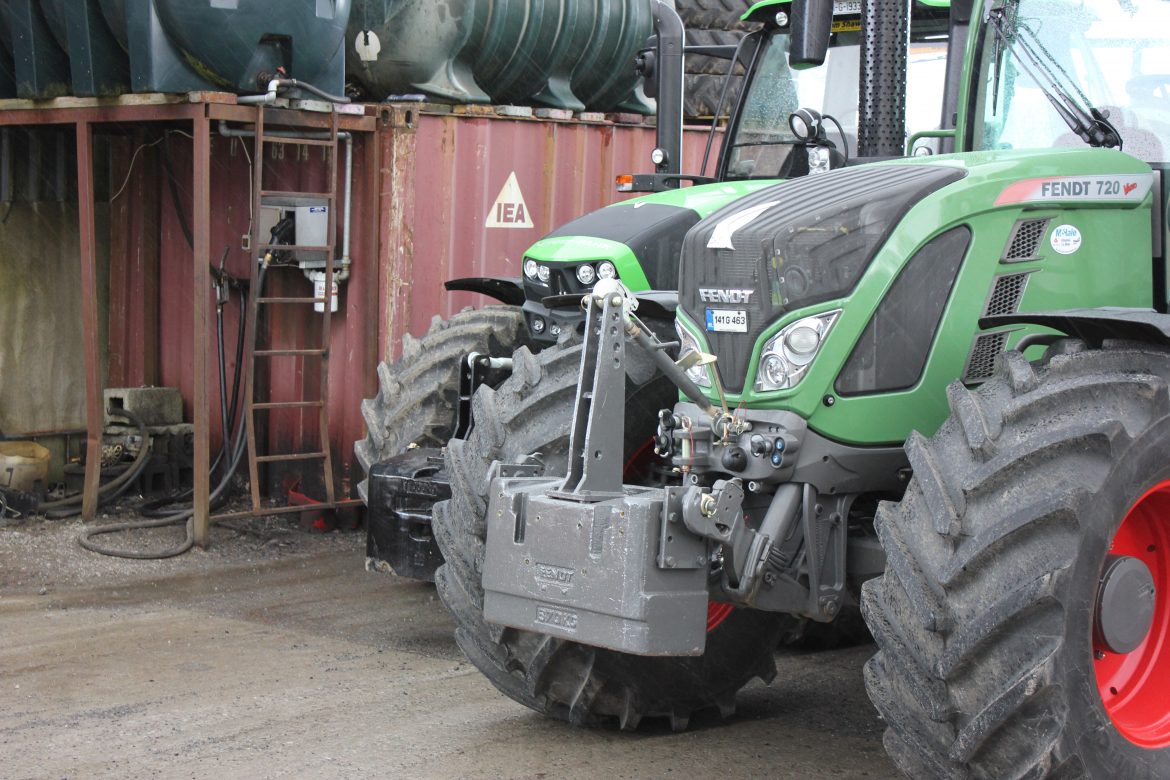Since the global lock down oil refineries have had to cut back on production as they found the demand for fuel plummeted. You cannot shut down a refinery easily so many are still operating at 65% capacity. As a consequence, there are presently billions of barrels of crude oil being stored in ships since OPEC didn’t cut production. Peter Weide is Director of MarShip (www.marship.eu) examines how does this affect our business?
All those refineries are churning out finished product and with no customers they are having to secure oil tankers to hold millions of barrels of surplus Diesel. But modern Ultra Low sulphur Diesel (ULSD) does not store well.
Thirty years ago relatively low sulphur “sweet” crude of about 0.4% sulphur would go through a simple fractional distillation unit to produce a finished product with the same sulphur level, no one was concerned about sulphur levels in diesel. Then with reports of the sulphur being harmful to health and so called “acid rain” governments were forced to act to progressively remove sulphur from diesel.
Meanwhile “Sweet” crude has been replaced by “Sour” crude of 3%. To achieve the ultra low sulphur levels of 0.001% required of modern diesel there are many, many, more process the oil has to go through to create a finished product.
All these process combine to make modern diesel a highly unstable product prone to sludge formation and leaves lacquering and deposits on fuel system components, says Peter Weide.
It is widely accepted by all the oil majors that diesel should not be stored longer than 6 months, after which it is degrading very rapidly. They put additives into the fuel, but only the bare minimum, after all they make diesel for you to buy not store. Additives are a cost and no one is making money on diesel. So in a few months all these millions of barrels of diesel on the ships will filter through the system and end up in your fuel tanks, according to Peter Weide.


Modern diesel does not store well





